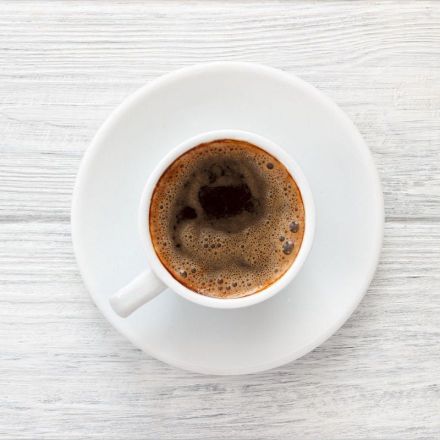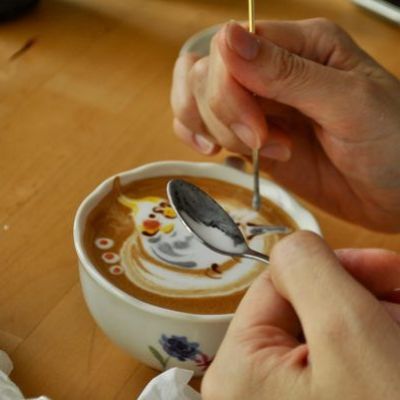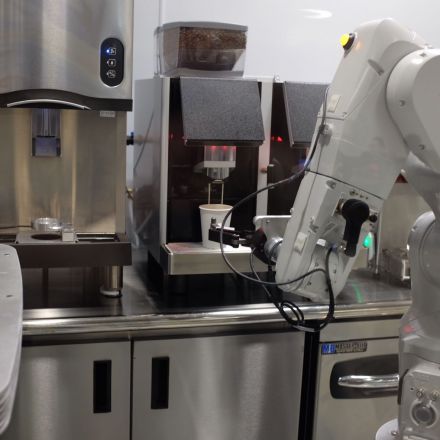Your Espresso Addiction Stems from an Ancient Ceremony
It's hard to imagine life before espresso, but believe it or not, there was once a tired, latte-less time. The first basic prototype for an espresso machine was invented in Turin, Italy in the 1880s, though it looked more like a hot-water heater than the blinged-out coffee hotrods we see in cafés today, and for good reason—that's basically all it was, a steam boiler designed to heat water in a closed chamber, which would also build up a reserve of pressure that a waiter or bartender could release over a bed of finely ground coffee. Those early machines, including the 1905 patent by Luigi Bezzera that modernized and streamlined the design and added more functionality for the human making the coffee (they were not known as baristas until much later), are interesting enough on their own—and we'll briefly discuss how they work in a moment—but the really interesting thing about the history of espresso comes from tracing the story of coffee drinking all the way from Ethiopia and piecing together how in the world it made its way to Italy. Ethiopian Origins: The Coffee Ceremony The beverage we know as coffee has a somewhat mysterious origin, but historians know that first the leaves and the coffee fruit were consumed in and around the area now known as Ethiopia, possibly for hundreds of years, before anybody thought to clean and roast the seeds, pulverize them, and mix them with hot water. At some point in the 15th century, spice traders from the Arabian Peninsula, including the area now recognized as Yemen, encountered coffee plants while traveling through Ethiopia in search of trade, spices, and slaves. These traders were found inspiration for creating the hot, bittersweet, and caffeinated elixir we know as coffee most likely in mystical Islamic beliefs about alchemy, the principle of transforming something worthless into something valuable, as a sign of God's love for humankind. Well, certainly if anything is a sign that God loves us, it's coffee. Who'd have thunk that these little grass
Continue Reading




























Join the Discussion